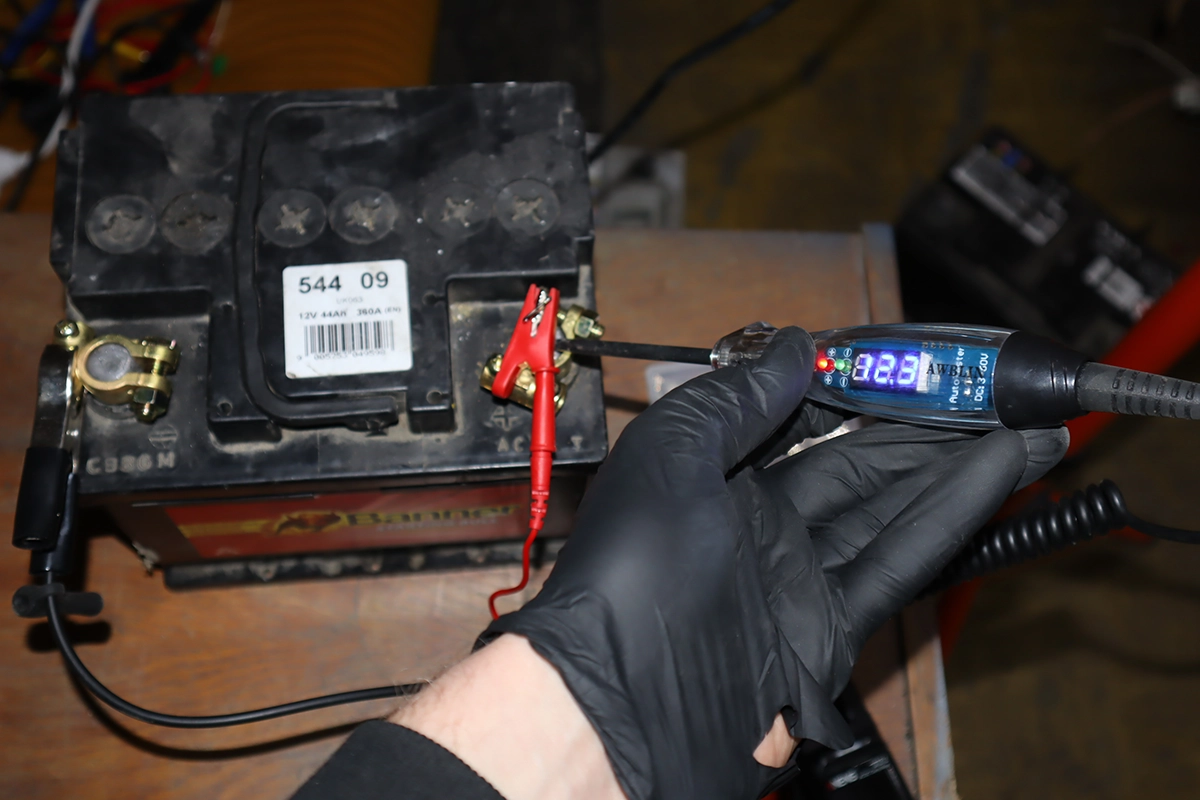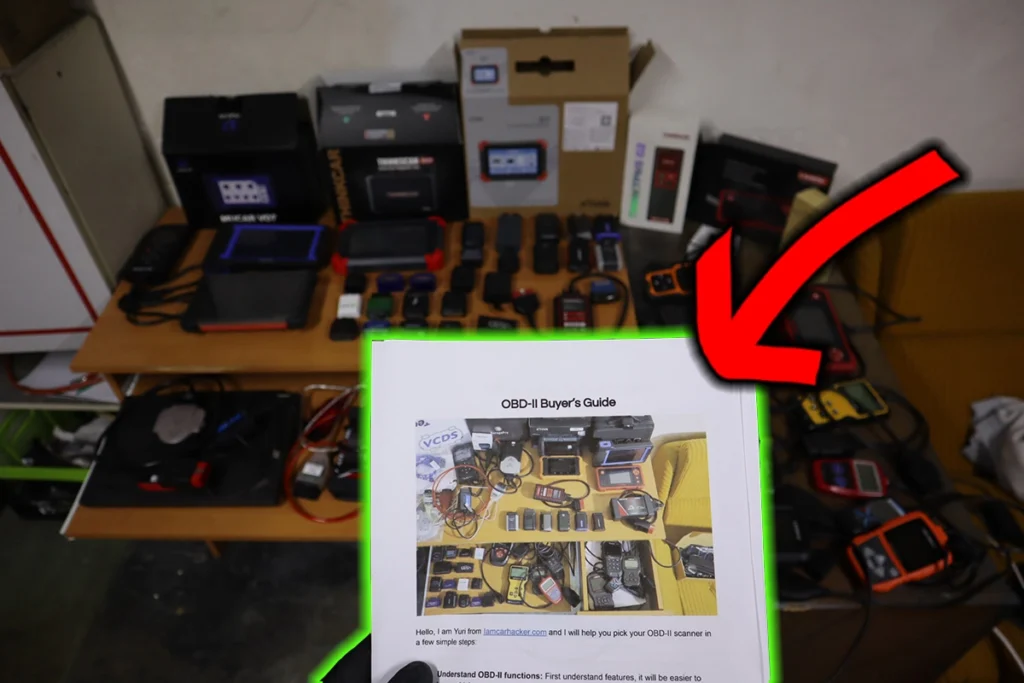Yesterday, I sent you an overview of the tools we will be using for electrical testing (a multimeter is enough to start), but you can check it out Here if you missed it.
Today, we will start with the basic laws of any electrical circuit.
Let’s do this!
There are 3 main parameters we will be measuring when it comes to solving problems in electrical circuits:
- Voltage
- Resistance
- Current
Voltage
Voltage (V) is power from our source (12V battery) that determines the pushing power of the circuit.
Voltage is measured in Volts.
Voltage is “consumed” by the load. Check how the voltage before the lightbulb is 12V, but after the lightbulb, it is 0V.
Resistance
Resistance (R) is the opposite force of Voltage. Every component that consumes power (like a lightbulb) has some resistance, which will slow the actual flow of power in the circuit.
Resistance is measured in OHMs.
Resistance can change based on whether a component is working or not. Turned ON lightbulb will have higher resistance than if Turned OFF.
Current
Current (I) is the actual flow of power. The more voltage we have, the bigger the electrical flow we have. On the other hand, the more resistance, the less electrical flow will actually be present in the circuit.
Current is measured in Amps.
Unlike Voltage, the current stays the same in all parts of the circuit. Whether it’s before or after load, it is still the same.
OHM’s Law
Voltage = Current x Resistance
That means if we know any 2 values, we can calculate the last one using this rule.
Try it yourself
Try to calculate the resistance of a lightbulb using Ohm’s law if you know the voltage and current. (Answer will be in the next picture)
Voltage: 12V
Current: 3A
Resistance: ??
————————————————————-
ANSWER:
It wasn’t so bad, was it?
Now you understand the theory of electrical circuits.
To make sure you got it, tomorrow I will show you a simple circuit on a real example.
P.S. The Extended version of this email course, including 60 video lessons to help you master DIY diagnostics, is available HERE.

Hi, I am Juraj “Yuri” Lukacko. I got frustrated by unhelpful and scammy mechanics, so I decided to learn everything about car diagnostics myself. I test dozens of new car diagnostic tools every month along with learning new strategies to fix and customize cars. About Juraj Lukacko (Yuri)

